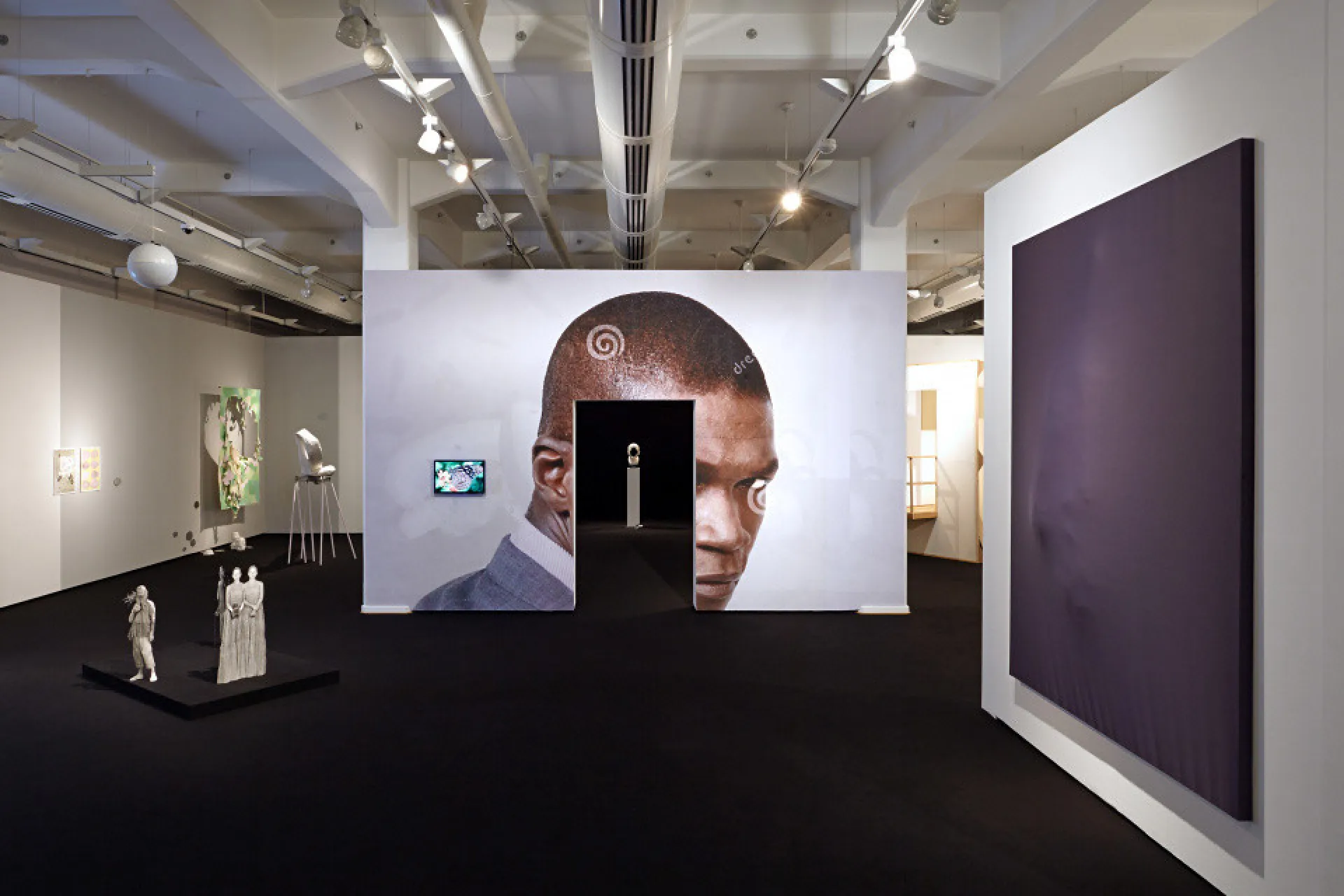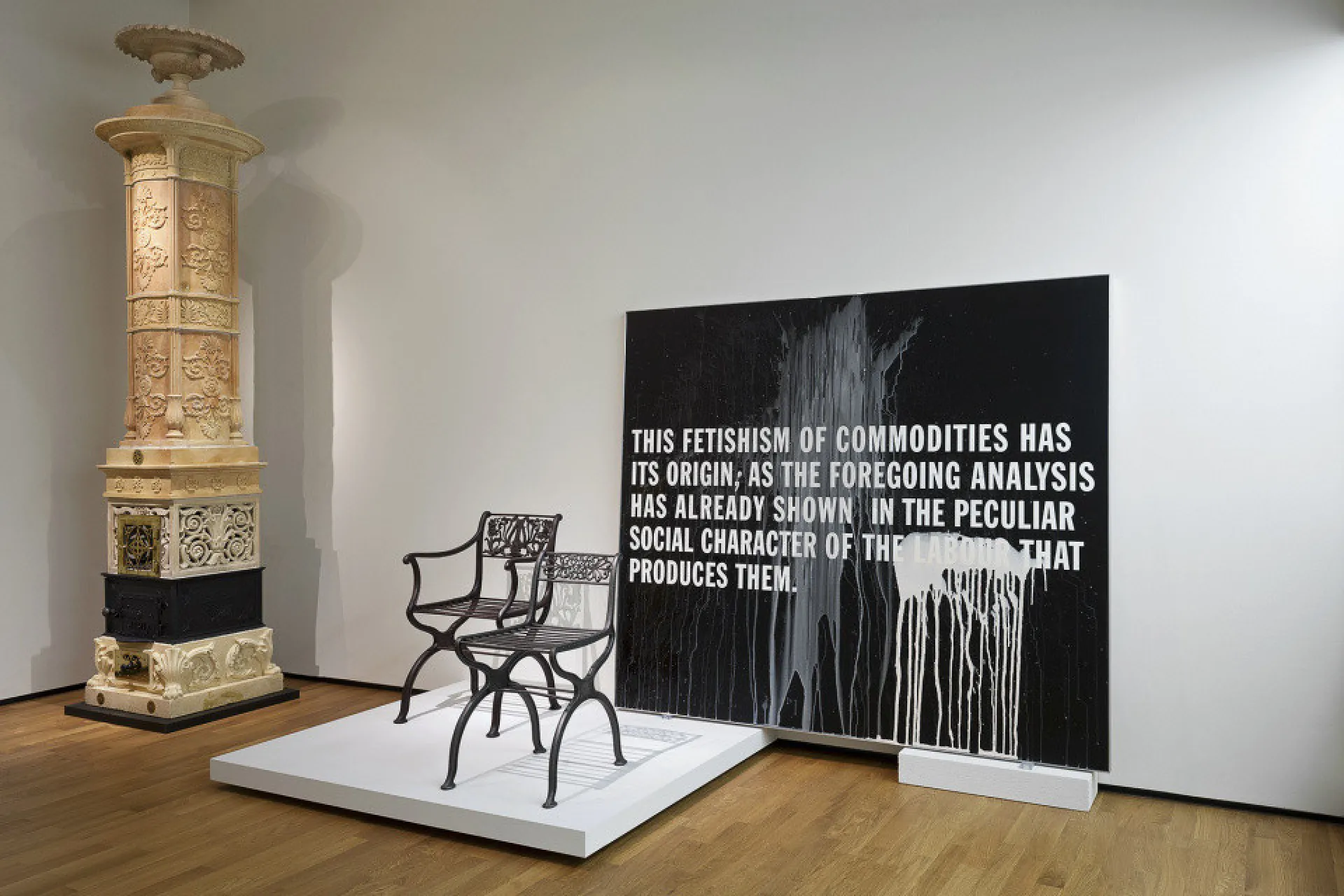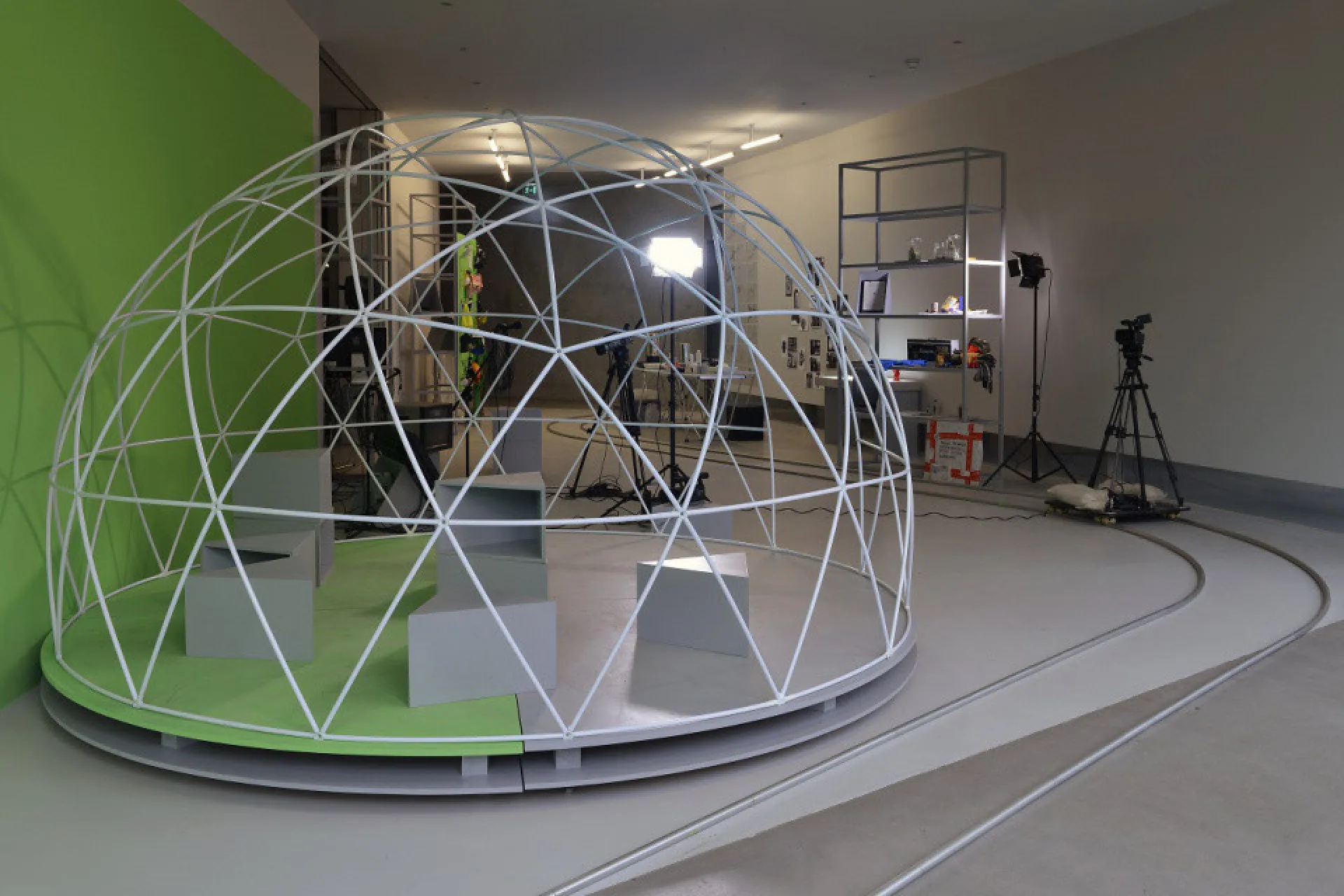The study programme focuses on the visual arts, taking into account all media as material for artistic creation. Contemporary art stands in a critical relationship to image production in society, for example in film, on the internet or in public space. The Media Art study programme critically explores the possibilities (and limits) of art and its framework. Through the use of its conceptual, processual and performative tools, the art in this programme is a way of working through which it critically reflects and creates affective aesthetic experiences. Artistic research, critical thinking and experimentation with production and presentation formats are encouraged and supported in this programme. The development of one's own work in its artistic foundations and in relation to current social issues contributes to the formation of an individual artistic position. The acquisition of communication and organisational skills is also important here. Group work and projects, excursions and exhibitions are also part of the interdisciplinary programme of media art.
After the two-year basic studies with Prof. Eli Cortiñas and Prof. Stine Jacobsen, students choose one of four specialised classes:
Performing Arts class with Prof. Isabel Lewis, Installation and Space with Prof. Joachim Blank, Artistic Action and Research class with Prof. Christin Lahr and Expanded Cinema with Prof. Clemens von Wedemeyer. It is also possible to study in the transdisciplinary field of "Digital Materialities" with Prof. Mitra Wakil and Prof. Fabian Hesse.
The three-year advanced study programme concludes with a diploma.
In addition to the supervision provided by the teachers of the basic and advanced studies, students are free to use the professional know-how of the artistic and scientific staff and, for example, to work in the audiovisual workshops with the 3D printing machinery, to create 360° video or to receive advice on the programming of complex applications and to develop their own workflows. The traditional workshops of the HGB are also open and invite new connections.



